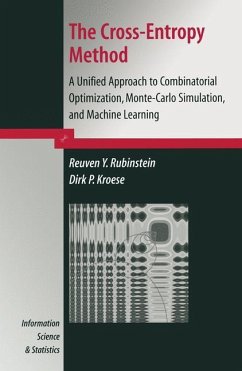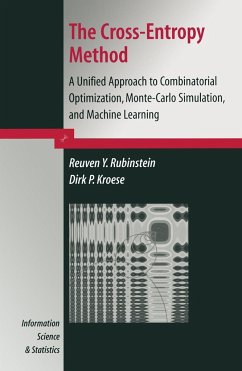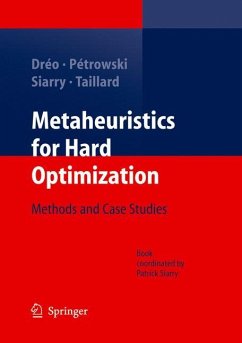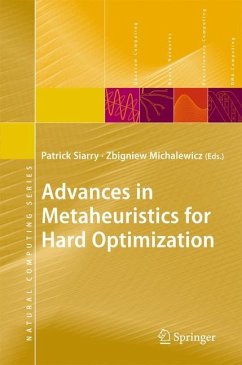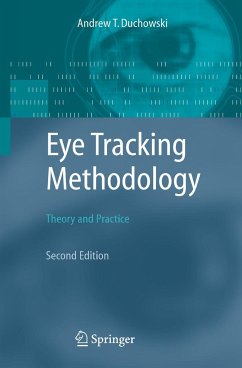
Metaheuristics: A Comprehensive Guide to the Design and Implementation of Effective Optimisation Strategies
Versandkostenfrei!
Versandfertig in über 4 Wochen
97,99 €
inkl. MwSt.

PAYBACK Punkte
49 °P sammeln!
Companies deal with many problems that seem difficult to solve at first:
- In which order should customers be delivered to so that the distance travelled by a delivery fleet is minimal?
- How can a portfolio of shares be improved with limited financial resources?
- Where should warehouses be located?
- Which streets should be covered by which mailman? In which order?
Real problems are too complex/large to solve using traditional mathematical programming methods. A new collection of methods (metaheuristics) have been developed that can find "good enough" solutions in reasonable time.
This book presents the main metaheuristic methods - tabu search, simulated annealing and genetic algorithms - and discusses their pros and cons. It includes program codes showing how each method is designed, used, evaluated and improved.
An ideal introduction for students; the inclusion of advanced topics also makes it of use to researchers as well as engineers and managers who will apply these methods to real problems.
- In which order should customers be delivered to so that the distance travelled by a delivery fleet is minimal?
- How can a portfolio of shares be improved with limited financial resources?
- Where should warehouses be located?
- Which streets should be covered by which mailman? In which order?
Real problems are too complex/large to solve using traditional mathematical programming methods. A new collection of methods (metaheuristics) have been developed that can find "good enough" solutions in reasonable time.
This book presents the main metaheuristic methods - tabu search, simulated annealing and genetic algorithms - and discusses their pros and cons. It includes program codes showing how each method is designed, used, evaluated and improved.
An ideal introduction for students; the inclusion of advanced topics also makes it of use to researchers as well as engineers and managers who will apply these methods to real problems.




